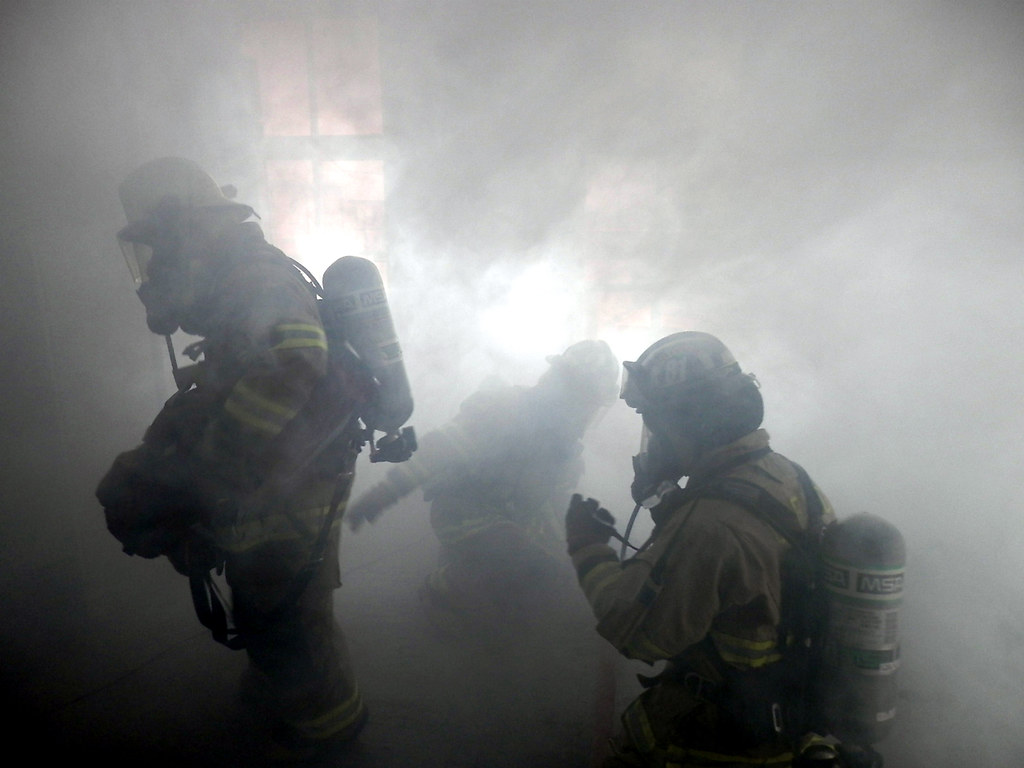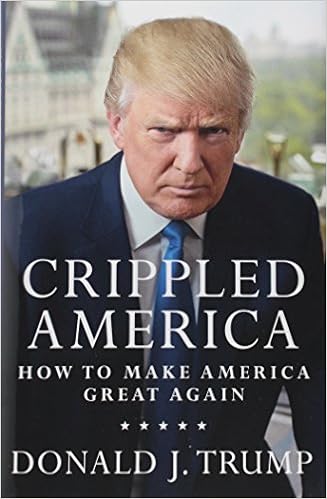Jeff Sessions, Attorney-General: As the country's top law officer, he was obliged to recuse himself from any Justice Department handling of the Trump/Russia investigations after it was revealed that he had failed to disclose two meetings with Russian ambassador to the US, Sergey Kislyak, in the course of the campaign.
Roger Stone, long-time adviser: He seemed to claim in the course of the campaign that he had advance knowledge of the leaking through WikiLeaks of troves of emails hacked from Democratic Party computers by Russian agents. (Sean Spicer: Trump and Stone speak "from time to time" but they had not done so recently.)
Jared Kushner, Trump's adviser and son-in-law: He had a meeting with Kislyak during the transition period and reportedly has real estate business deals with Russians.
Michael Flynn, a high-profile campaign surrogate and national security adviser: He was sacked by Trump after revelations that he lied about his conversations with Kislyak. Also under investigation as a former military officer, for accepting payment for attending a gala for the Kremlin-owned Russia Today TV network - during which he sat at Russian President Vladimir Putin's table at a banquet. (Sean Spicer: he was just a "volunteer of the campaign.")
Donald Trump jnr, the President's son: He travels to Russia and famously told a New York real estate conference in 2008, "Russians make up a pretty disproportionate cross-section of a lot of our assets" and "We see a lot of money pouring in from Russia."
Paul Manafort, former campaign manager: He was sacked after six months after revelations that he has received millions of dollars in questionable payments from pro-Russian politicians and businessmen in Ukraine and of contacting Russian interests in the course of the campaign. (Sean Spicer: "[He had only a] limited role for a very limited amount of time.")
Rex Tillerson, Secretary of State: A former ExxonMobil chief executive and Putin friend, he oversaw a partnership deal worth hundreds of millions of dollars between ExxonMobil and Russian energy giant Rosneft after which Putin awarded him the Order of Friendship.
Wilbur Ross, Secretary of Commerce: In the 1990s, he served on the board of the US-Russia Investment Fund, which helped drive business in Russia after the collapse of the Soviet Union and has a stake in a Cyprus bank favoured by wealthy Russians.
Carter Page, former adviser on foreign policy: He reportedly met Kislyak during last year's Republican convention in Cleveland, Ohio; speaks to business groups in Russia and, some years ago, worked in Moscow as an investment banker. (Sean Spicer: "An individual who the president-elect does not know and was put on notice months ago by the campaign.")
J.D. Gordon, former adviser on national security: A former Pentagon spokesman, he too reportedly met Kislyak in Cleveland. (Kellyanne Conway: "[He had] very attenuated contacts to the campaign. [The President] doesn't know [him], didn't work with [him].")
Some who are independent of the Trump circle are dismissive about the alleged collusion with the Kremlin.
Mike Morrell, a former acting director of the CIA, is an authoritative voice in knocking it down. "There is smoke, but there is no fire at all," he said.
But the circumstantial case put to Monday's hearing before the House Intelligence Committee by senior Democrat Adam Schiff is seemingly sufficiently compelling for the FBI.
Here's the scenario that Schiff, drawing on public sources, presented as, perhaps, a series of coincidences in the course of 2016, but perhaps not - and therefore warranting serious investigation.
Early July:
Page travels to Moscow with approval of the Trump campaign. In Moscow, he makes a speech critical of the US focus on democracy and corruption. Page secretly meets Igor Sechin chief executive of Rosneft, reportedly a former KGB agent and close friend of Putin and of Tillerson. Sechin reportedly offers Page brokerage fees in a deal involving the sale of a 19 per cent stake in Rosneft. Reuters reports the transaction but the name of the buyer and the amount of brokerage fees are unknown.
About the same time the Trump campaign is offered documents damaging to Democratic presidential candidate Hillary Clinton - Russian-sourced but laundered through WikiLeaks - in return for a future Trump administration watering down Washington's criticism of the Russian invasion of Ukraine and taking a stand against NATO.
Mid July:
Manafort, who had selected Page as the campaign's Moscow go-between, attends the Republican convention with Page. Kislyak also attends - meeting Page, Gordon, Sessions and another Trump adviser, Walid Phares. The Republican platform is changed to delete references to giving "lethal defensive weapons" to Ukraine - and later Gordon admits that he had a hand in the revision.
Late July:
The first batch of damaging Democratic Party emails is released.
August 8:
Stone boasts publicly that he has communicated with WikiLeaks founder Julian Assange, and claims more documents would be coming, including an "October surprise".
Mid August:
Stone claims to have had contact with the hacker of the Democratic computers and, soon after, makes the remarkable prediction that Clinton campaign executive John Podesta's personal emails would soon be published - which duly happens.
November:
Post election, Trump appoints Flynn as his national security adviser, but he sacks him in February after he is revealed to have lied about his meetings with the Russian ambassador.
Comey is suspect in Democratic circles because of his 11th-hour, campaign revelation that Hillary Clinton's controversial emails were still being investigated by the FBI.
But, just as Trump delighted in expressing confidence in Comey as the FBI boss made Clinton squirm during the campaign, Democrats now revel in Comey's seeming determination to get to the bottom of the whole Russia business.
"I can promise you, we will follow the facts wherever they lead," he told the committee on Monday.
Schiff left the hearing with a spring in his step, telling reporters: "It gives me some level of confidence knowing that an agency that does have the resources is devoting itself to determining just what type of co-ordination might have taken place."




